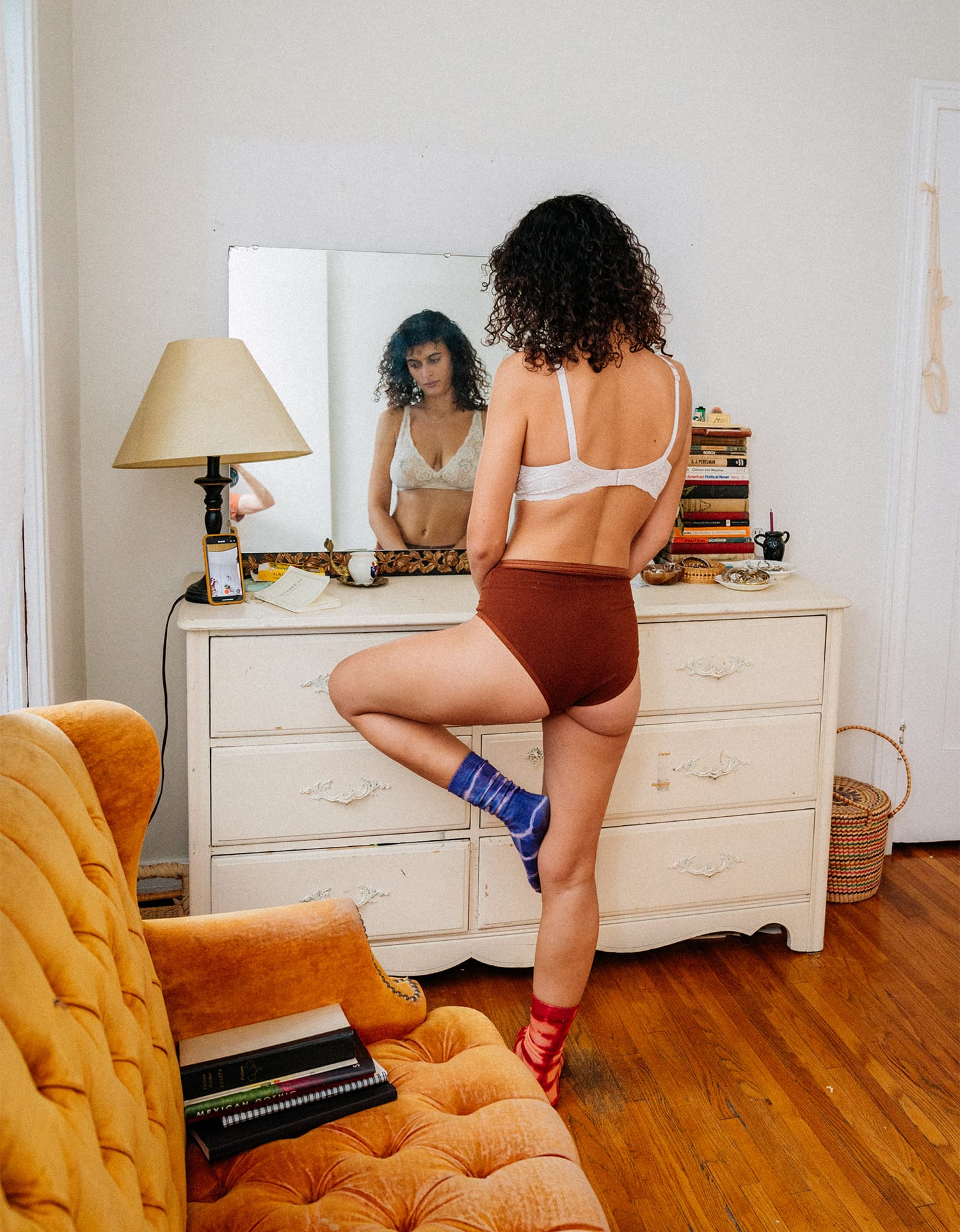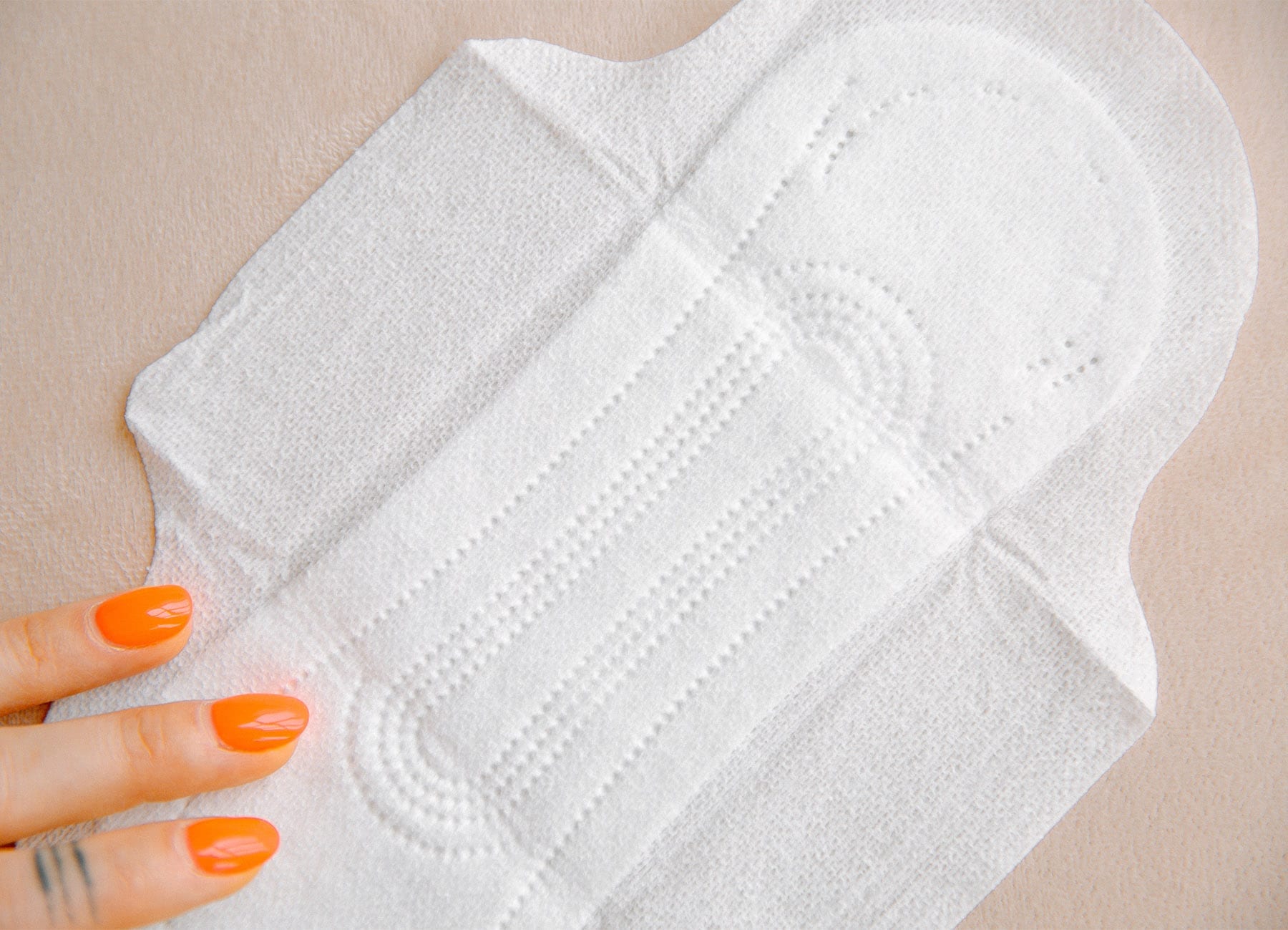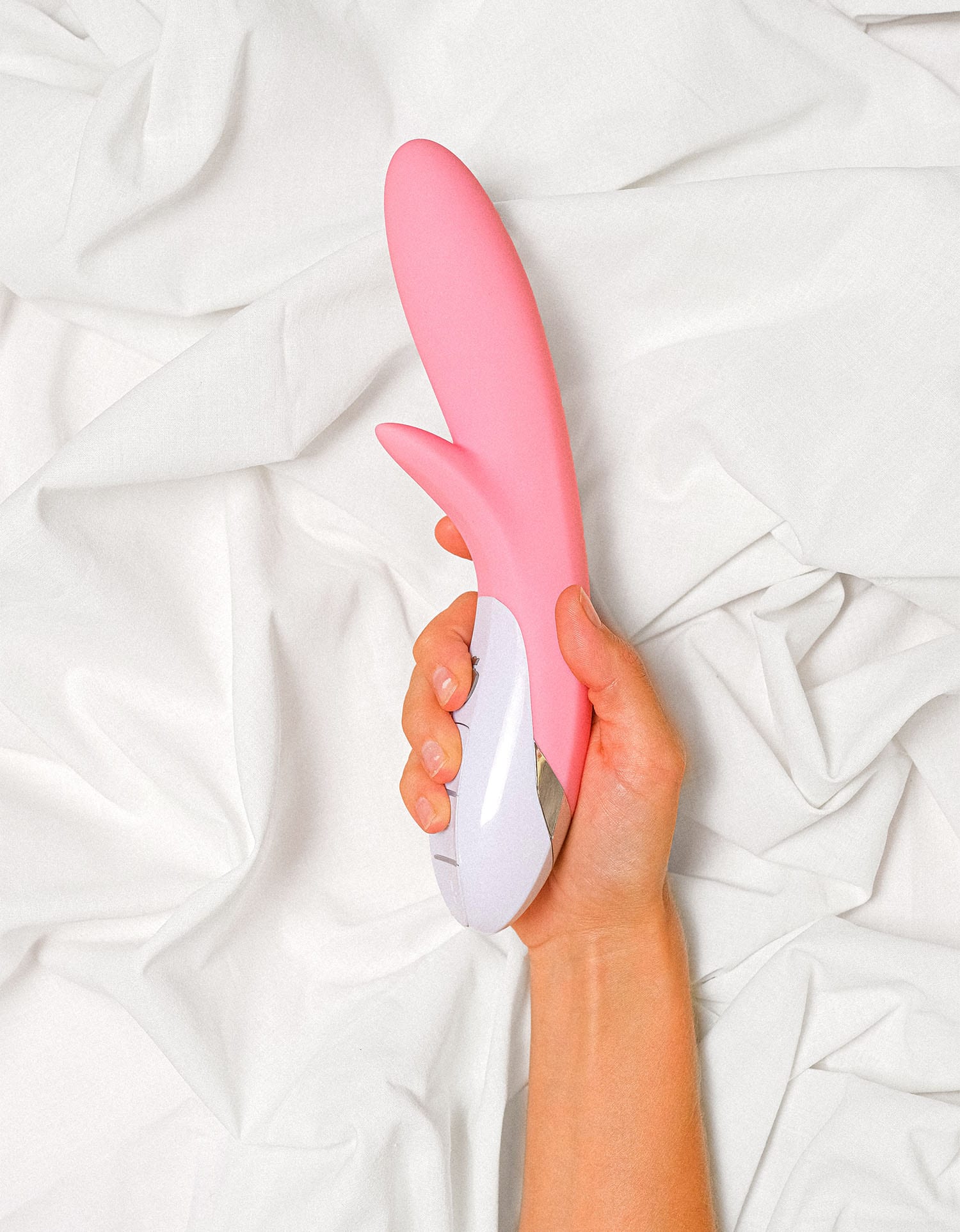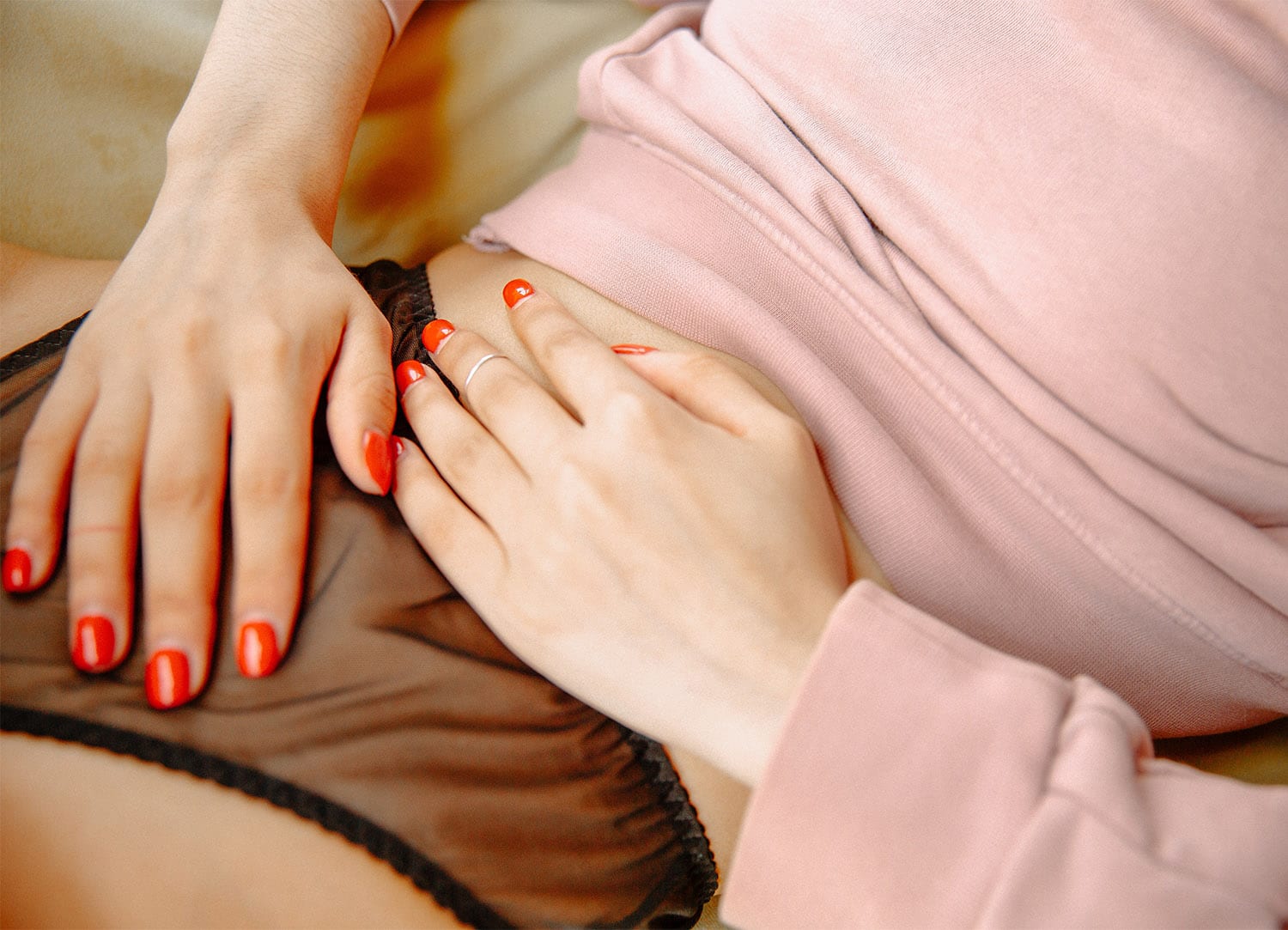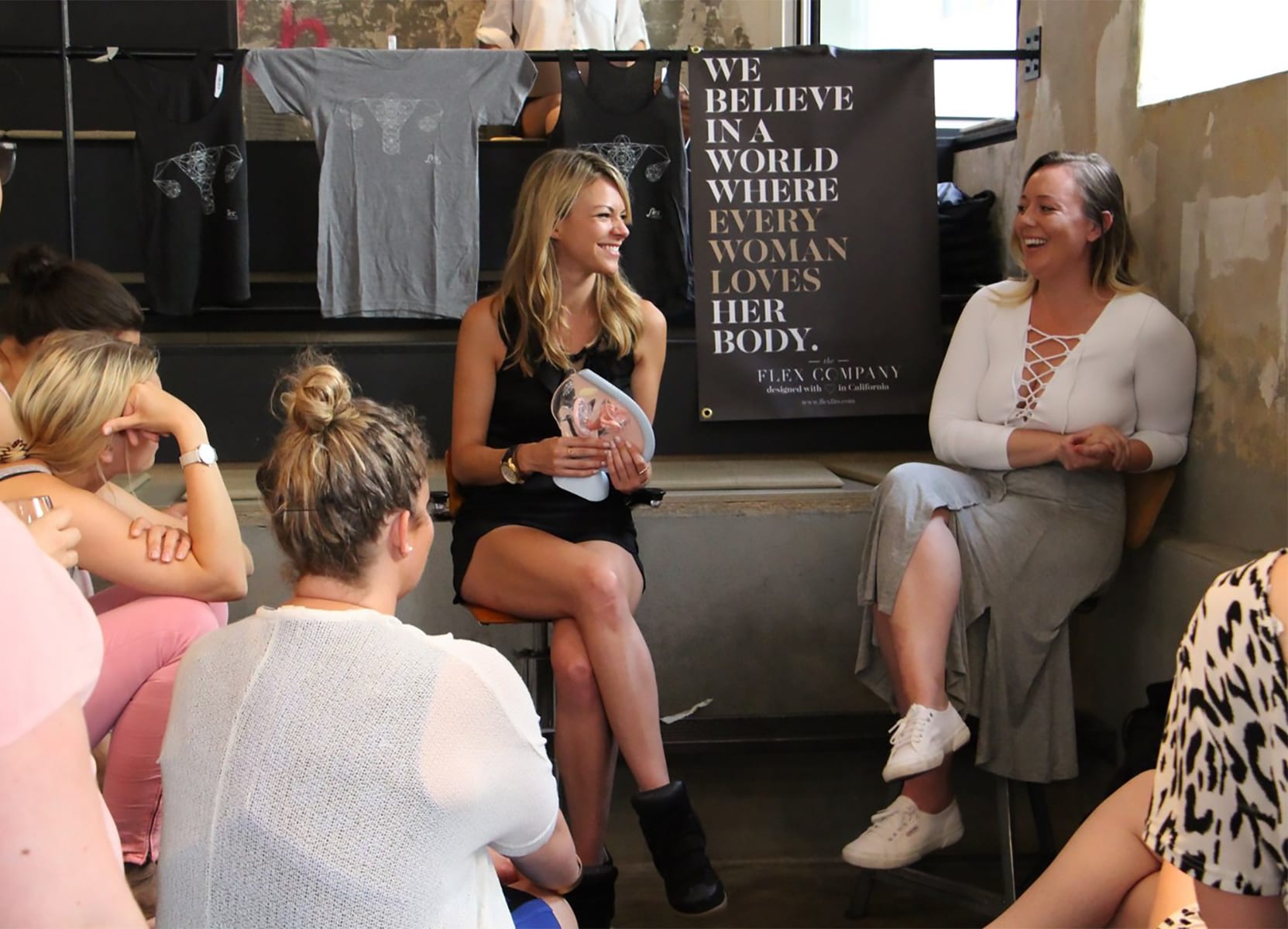5 ways to fight period stigma in your everyday life
Hint: Talk about it openly
Growing up, I was fascinated by periods. Just like Margaret of Are You There God? It’s Me Margaret in Judy Blume’s famous book, I was eager to get mine and see what all the fuss was about.
Other than that book and an awkward hour-long “puberty class” at school, I didn’t hear people talk about menstruating much. When I started my period at age thirteen, I was eager to discuss it. But I felt nervous even bringing it up with my period-having peers.
I had internalized the idea that periods were shameful.
Unfortunately, my experience is not unique. Alana Munro, a PhD candidate in Australia, has made ending period stigma her life’s work. According to her research, 49% of girls in the U.K. have missed a day of school due to their period. Because of the stigma, they made up a non-period-related excuse.1
10% of girls in Sub-saharan African miss up to 20% of school due to their periods; 23% of Indian girls either drop out of school when they hit puberty, or miss 10-20% of the school year due to their periods.1
The stigma of periods is so widespread that it is compromising the education of menstruators around the world.
With more than two decades of menstruating behind me, I am here to declare that periods are not shameful. They are natural, normal, and biologically necessary. Considering about half the population will menstruate at some point, it’s upsetting that society seems to ask us to pretend they don’t exist.
If society had its way, we wouldn’t talk about our menstrual cycles, despite the fact that (for many of us) our periods rule our moods, our pain, and in effect, our lives.
So, how can you help eliminate period stigma? Here are five ways to fight period stigma in your daily life:
1. Talk about your period
Yes, it’s okay to say you have cramps or PMS. Context matters, of course, and it’s probably not appropriate to announce you’re bleeding in the middle of a conference call (unless you work for Flex®!). But it is perfectly appropriate to tell a friend—yes, even a non-menstruating one—that you’re on your period when they ask about your day.
Personally, my chronic pain is at its worst the week before my period. My mood, my symptoms, my weight: it’s all influenced by when I am on my cycle. To not acknowledge that would be to not acknowledge reality.
If you’re looking for a greenlight, I hereby grant you permission to state you’re on your period, just like you would say you have a cold or a sprained ankle or you didn’t get enough sleep last night.
2. Don’t hide your menstrual products
I’ve always resented the way some menstrual product advertising focuses on their products being small and easy to hide. Check out this great piece in the Atlantic about tampon advertising’s obsession with being “discreet.”
I don’t believe pads and tampons are inherently shameful, and therefore I don’t want you to feel pressure to conceal them. No, you don’t need a secret compartment to hide your tampons, pads, or menstrual cups/discs in. You can store them wherever it makes sense to you.
I keep my pads on a shelf right above the toilet, since it’s convenient (and so visitors can grab one if needed!).
If you worry it’s provocative or attention-seeking to carry a pad or tampon in your hand on the way to the bathroom, ask yourself if you would feel embarrassed for people to see you holding a band-aid. They’re both medical products designed to absorb blood!
Menstrual blood is not inherently dirty simply because it comes out of your vagina. Feel free to say “would you ask me to hide my band-aids?” if someone reacts with disgust.
3. Ask post-menopausal friends or family about their experience
My mother was entering menopause when I began menstruating, so we didn’t bond much over our experiences. I regret that I didn’t talk to her about it more, as she was the only other woman in my childhood home. Now that I’m an adult, I talk with her about it freely, and I love hearing about her experiences.
I’m blessed to have a wide generational range in my friendships; my closest friends range from mid-twenties to late-sixties. A dear friend of mine is in her 60s and had a hysterectomy (a surgery to remove the uterus).
She describes how, when walking in the period products aisle, she has little recollection of what those products were used for. She openly told me about this in front of her husband, who smiled and listened intently.
They’re living proof that it is possible to be comfortable with period talk, even if you’ve never had a period.
4. Speak up when you hear anti-period talk
My new favorite technique for calling out offensive jokes is to play dumb and say “I don’t get it.” A male friend once told me he’s uncomfortable with periods because he lives by this misogynistic saying from Comedy Central’s South Park: “Don’t trust anything that bleeds for five days and lives.”
I was horrified. I went off on him, pointing out that his words were misogynistic and cruel. He was surprised and confessed he’d never thought about it that way. It led to a long conversation about period stigma and why he was so uncomfortable with it.
Years later, his partner told me what an impact that conversation had on him. He became much more comfortable with period talk, and even referenced our conversation when periods came up. It wasn’t easy to stand up for myself, but it’s not any easier to stay silent and seethe.
5. Set an example for the kids in your life
My cramps are so painful I have a Tramadol prescription for the worst days. When I took one in front of my four-year-old niece, she asked what it was and I said, “Sometimes I hurt, and I take this pill and I feel better.”
When I mentioned it to my sister-in-law, she informed me that she is open about periods with her young daughter. She told me next time I could say it was because I had cramps, since she knew what they were. I was floored, as I don’t remember ever hearing about periods from my mom until just before I hit puberty.
It gave me hope for the next generation of menstruators, that they may grow up free of stigma. If you have kids (or nieces and nephews), I encourage you to answer their questions honestly.
I am embarrassed that I felt the need to hide that it was menstruation that caused my pain, especially when asked by a girl who will one day menstruate herself. It’s an example of how much our anti-period culture has been ingrained in me. Next time a child asks me why I’m in pain, I will answer honestly.
© 2021 The Flex Company. All Rights Reserved.
